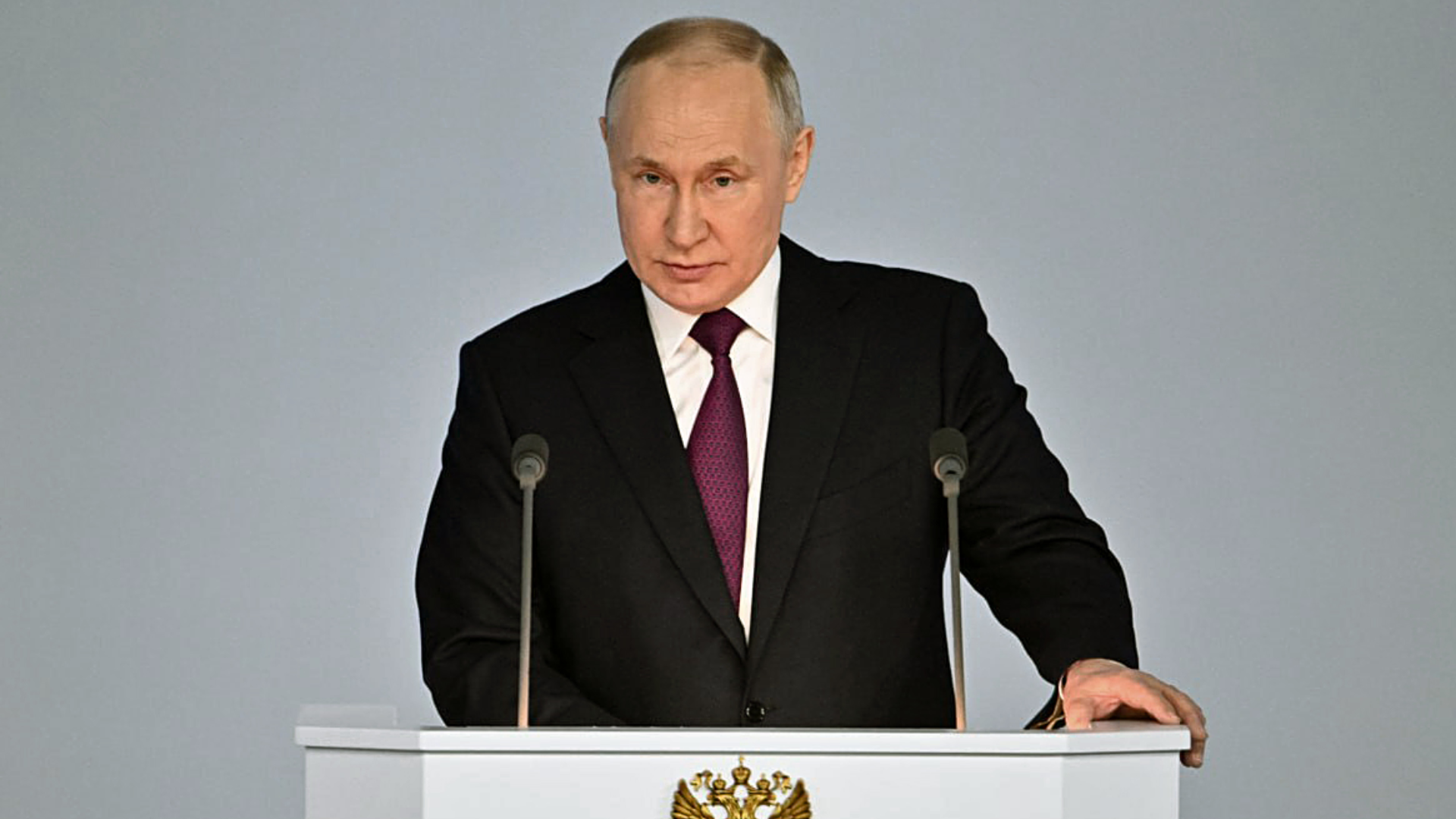The terrorist organization responsible for the attack on the Crocus City Hall in Moscow on March 23, 2024, is the Islamic State, specifically its affiliate known as Islamic State Khorasan (ISIS-K). This group has claimed responsibility for the attack, which resulted in the deaths of 139 people, making it the deadliest attack in Russia in two decades.
Despite the acknowledgment by Russian President Vladimir Putin that “radical Islamists” were behind the attack, he has also reiterated his claims of Ukrainian involvement. However, both Ukraine and the United States have denied these allegations, with Ukrainian President Volodymyr Zelenskyy accusing Putin of attempting to divert blame.
Putin suggested that the attack was intended to “sow panic” and possibly to support the Kyiv regime amidst the ongoing conflict between Russia and Ukraine. He claimed that the attackers tried to escape to Ukraine after the attack and alleged that individuals on the Ukrainian side were prepared to assist them in crossing the border.
However, both French President Emmanuel Macron and US officials have stated that intelligence indicates the Islamic State was behind the attack. Macron warned against any attempt by Russia to exploit the situation for its own agenda, emphasizing that such actions would be cynical and counterproductive.
The White House Press Secretary, Karine Jean-Pierre, reiterated that there is no evidence linking Ukraine to the attack and expressed condolences to the victims and their families. She emphasized that Putin is aware that the attack was conducted by the Islamic State.
Regarding the perpetrators of the attack, 11 individuals have been detained, with four of them charged. Three of the suspects, all citizens of Tajikistan, pleaded guilty during a court appearance. They have been remanded in custody pending further proceedings.
The attack has raised concerns about security lapses in Russia, particularly in light of previous jihadist attacks under Putin’s regime. Tatiana Kastoueva-Jean, a Russia specialist at the French Institute of International Relations (IFRI), suggested that acknowledging the involvement of the Islamic State would undermine the perception of Russia’s security services as omnipotent. She indicated that Putin’s priority may be to divert attention from these security lapses and to rally domestic support for his policies, particularly regarding Ukraine and the West.
In conclusion, while the investigation into the attack at the Crocus City Hall continues, evidence points to the Islamic State, rather than Ukrainian involvement, as the perpetrator. The incident underscores the ongoing threat of terrorism and the challenges facing security agencies in combatting extremism.





















